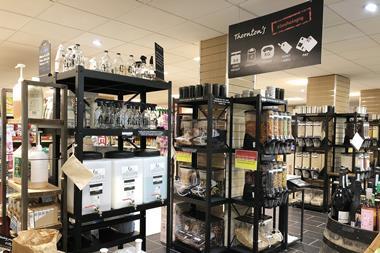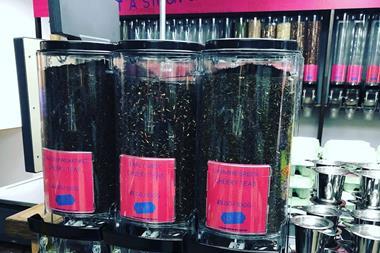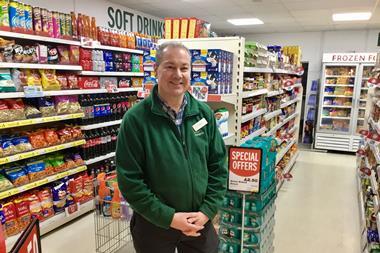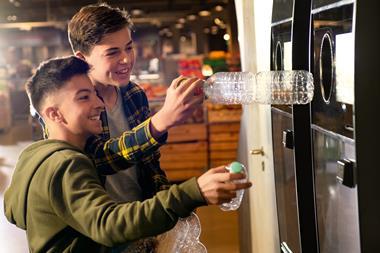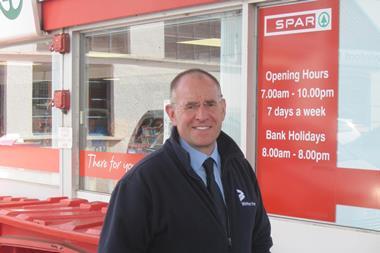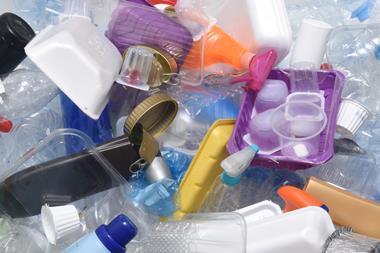Sustainability: Green shoots of success

The move to plastic-free retailing may be in its infancy, but a growing number of store owners are proving how a willingness to embrace eco-friendly ideas can have a positive impact on both the planet and their profits. C-Store investigates some of the solutions.
ALREADY HAVE A REGISTERED USER ACCOUNT? PLEASE LOG IN HERE
To read the full story join the ConvenienceStore.co.uk community today!
Registration is quick and easy and provides access to:
- Unlimited ConvenienceStore.co.uk articles
- Our great range of newsletters
- Content you’ve saved for later via the ‘my library’ feature
And much more…




















